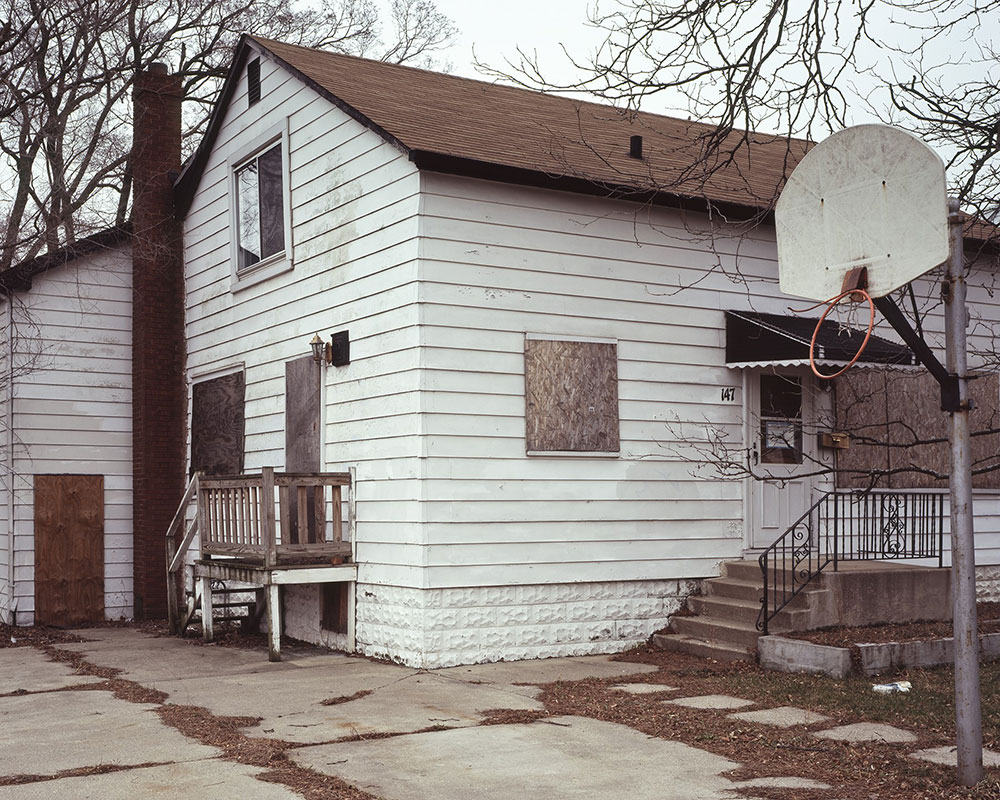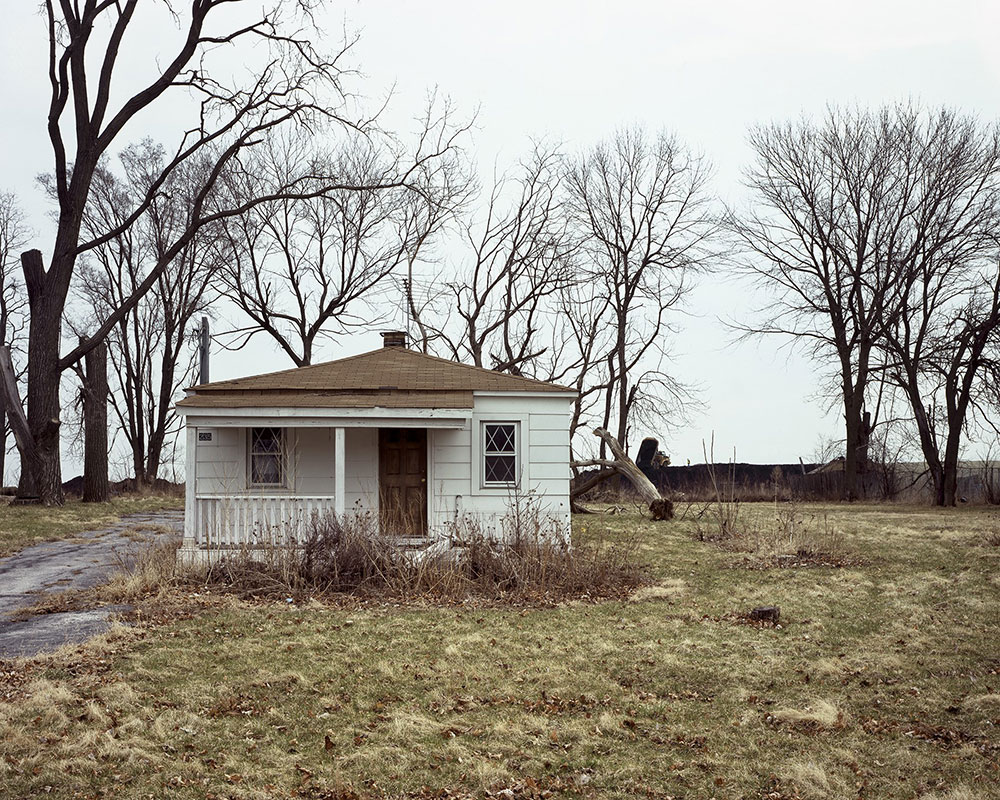Taking homes and businesses
The first runway extension necessitated the taking of almost 15 percent of the land of Bensenville, a suburb on O’Hare’s western boundary. Over 500 homes and 70 businesses were ultimately bought by the City of Chicago through eminent domain—either directly or “voluntarily” under the threat of an eminent domain taking. This displaced almost 10 percent of the population of this suburb that had a population of 20,700 in 2000.[1] Even critics noted that the eminent-domain driven purchase offers were generous. Chicago Reader columnist Ben Joravsky recognized that “Most folks got as much as 5 to 7 percent over the fair market value for their homes. To sweeten the pot, the city paid each home owner $27,000 to cover relocation costs.”[2]

Much of the eminent domain battle was personalized, with Chicago Mayor Richard M. Daley being seen as the force behind the airport expansion and taking process. Joravsky writes,
"In my opinion the present Mayor Daley's efforts in Bensenville exceed even the land-grabbing accomplishments of his father, Mayor Richard J. Daley, who oversaw the first great expansion of O'Hare back in the 1950s and '60s. The acreage purchased under the old Mayor Daley was for the most part uninhabited farmland.[3]"
Then-Bensenville mayor John Geils stated that Mayor Daley “ripped the social fabric out of our community and left it to be a wasteland.”[4]
Given the long drawn-out saga of the O’Hare improvements, with the detours of considering a third airport rather than an O’Hare expansion, some residents were not convinced the runway expansion would ever take place. Barry Soskin, a Bensenville businessman, recalls a visit by a woman working as a purchasing agent for the airport expansion:
"It was, I would say, probably six months after some of those first meetings [about the eminent domain process and purchases of property by the City of Chicago] where I was contacted by a young lady who came in and said, "I'm going to be your agent for what's called the O'Hare Modernization Program or Project." And I said, well I don't believe this bullshit's gonna happen. …. They've been talking about this for 12 to 14 years so, you know, if it gets closer, come talk to me. Otherwise, I'm too busy to bother with you. And then, I guess about three months later … a gentleman named Willy Kinder called me up and said "I've replaced that girl who came out," and he set up a meeting and started to talk about how this is going to work."
As it became apparent that the process was actually moving ahead, more and more residents and businesses did sell their properties to City of Chicago agents. However, continued resistance centered on the taking of two cemeteries.


[1] Petchenik 2014b; Joravsky; U.S. Census Bureau. Website. http://www.census.gov/.
[2] Joravsky
[3] Joravsky
[4] Joravsky

